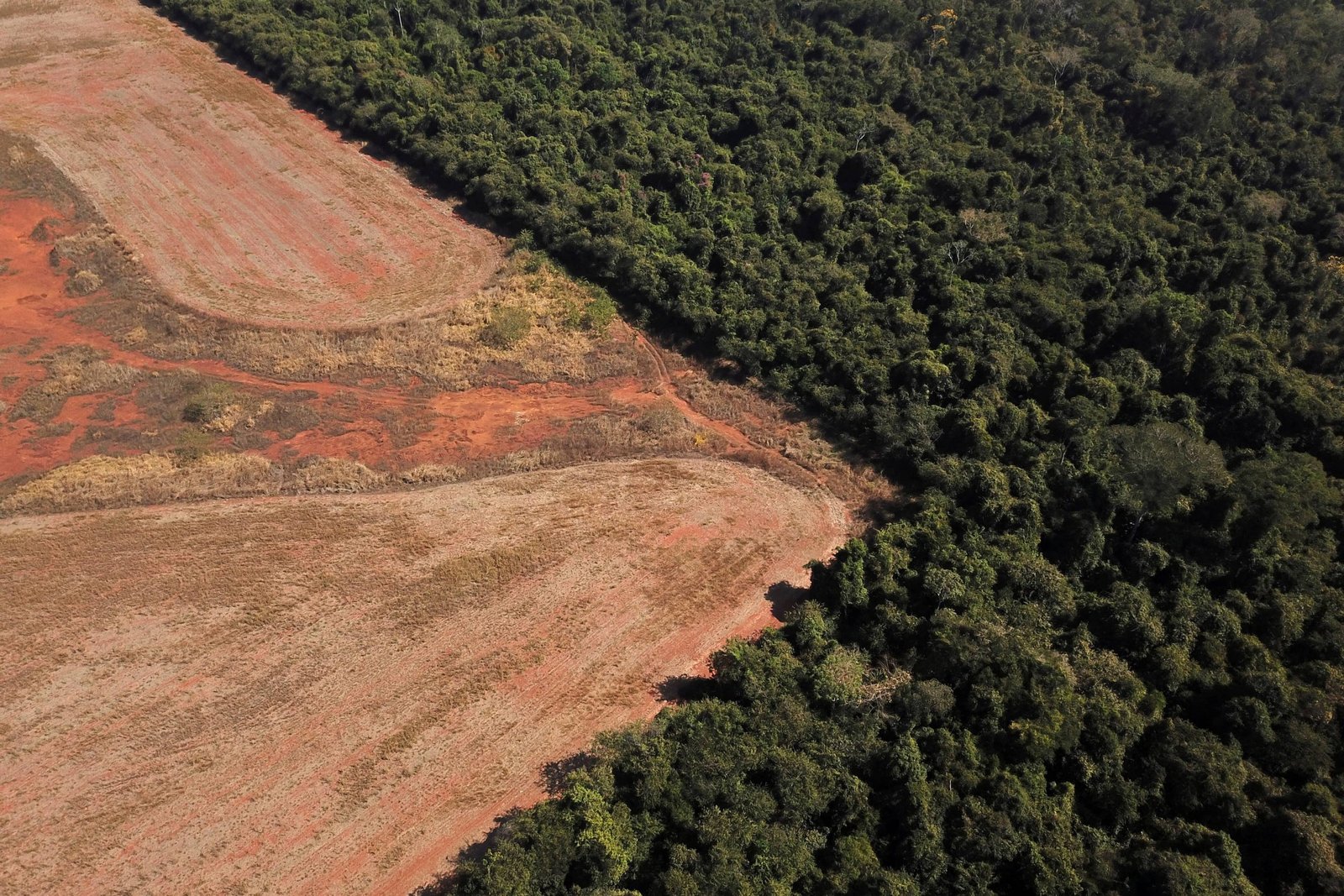Toronto-based Brazil Potash Corp is planning to open a potash mine in the Amazon, which could potentially reduce Brazil’s dependence on fertilizer imports.
The company has presented its $2.5 billion project to Brazilian President Jair Bolsonaro, who has expressed his commitment to unlocking strategic fertilizer projects for Brazil.
Dependence on Fertilizer Imports:
Brazil, the world’s largest producer of soybeans, currently relies on imports for 85% of its fertilizer, which is needed to raise crop yields.
The country depends on potash imports from China, Canada, and Morocco, but mostly Russia and Belarus for nearly half of the supplies in the country.
Due to sanctions against Russia for its invasion of Ukraine, Brazil’s potash supply chain has been severely disrupted, which has caused potash prices to triple.
The Autazes-based mine would take three years to become operational, with an output of 2.44 million tonnes per year once permits are obtained.
Environmental Impact and Indigenous Mura Community Rights:
The Potash Mine in the Amazon faces several challenges, including its potential environmental impact and indigenous Mura community rights.
The project requires a ruling by Federal Judge Jaiza Fraxe, who is monitoring talks with the Mura people to ensure they have a fair say.
The Mura people have claimed the area as ancestral land, and their right to be consulted under the International Labor Organization (ILO) Convention 169 on indigenous and tribal peoples must be respected.
The prosecutor’s office has warned of the project’s significant social and cultural impact on the Mura people, and consultations are expected to take time as they involve 44 Mura villages.
Potassio do Brasil, a subsidiary of Brazil Potash, which is wholly owned by investment banker Stan Bharti’s Forbes & Manhattan bank, said it recognizes the Mura’s right to be consulted, and meetings have begun after a two-year delay due to the COVID-19 pandemic.
Potential Impact on Brazil’s Fertilizer Sector:
The opening of the potash mine could reduce Brazil’s dependence on imports and make it self-sufficient in the production of a key input for its agriculture sector.
Pressure to open the potash mine has grown from Brazil’s farm sector, which relies heavily on imports of this critical agricultural input.
Tensions Between Potash Company and Mura People:
The project has caused tensions between the potash company and the Mura people.
Leaders of Brazil’s Mura people have reported renewed threats after a federal agency crew visited the region to discuss potentially demarcating their ancestral land, which overlaps with the area where the potash mine is planned.
Potassio do Brasil has previously denied any coercion and said it has followed the consultation protocol strictly. However, the allegations made by the Mura leaders have raised concerns about the consultation process’s fairness and integrity.

The proposed potash mine in the Amazon could significantly impact Brazil’s agriculture sector by reducing its dependence on fertilizer imports but it must be done while taking into account the project’s environmental impact and the indigenous Mura community’s rights.
The consultations with the Mura people must be conducted in good faith, and any threats or coercion must be investigated and addressed.










